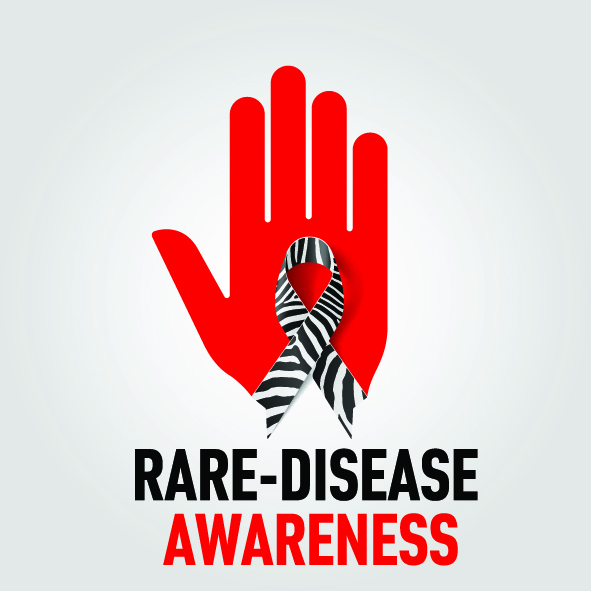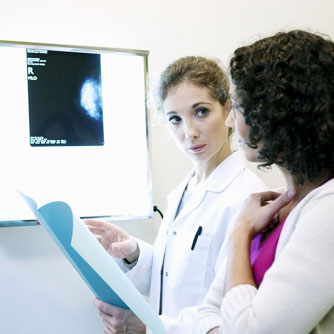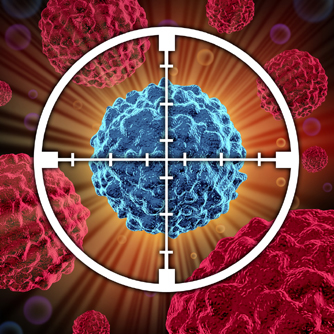Breaking Barriers: Access to Treatment for Rare Diseases in India
Breaking Barriers: Access to Treatment for Rare Diseases in India By Nisha Venugopal, Ph.D. The World Health Organisation (WHO) defines rare diseases as debilitating, lifelong disorders with a prevalence of less than one per 1,000 persons. They include autoimmune disorders, congenital malformations, inherited cancers, and a few endemic infectious diseases that have very low prevalence. …








